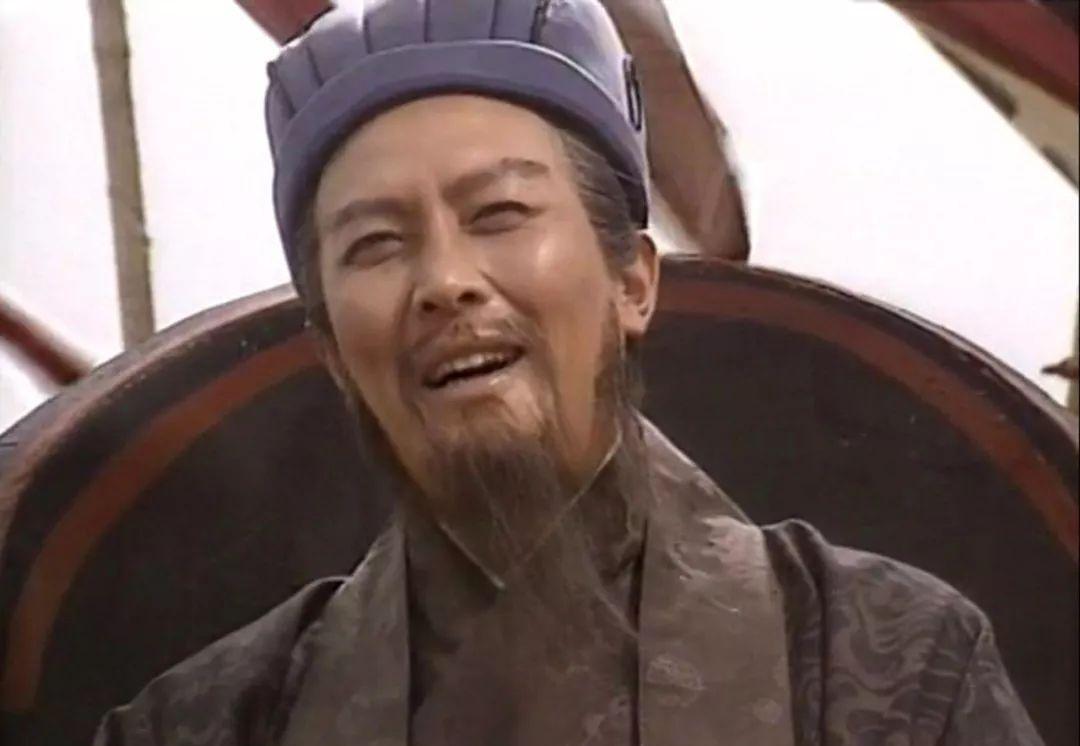
Zhuge Liang stills
In ancient times, there were many names that aroused wonderful reverie, such as Wang Xizhi, Gao Wanli, Yin Fusu, Huo Fuyi, Shangguan Wan'er, Chen Ziang, Tao Yuanming, Yu Xuanji, Li Qingzhao, Naran Zhide and so on.
The ancients were very particular about names, and the meaning of names and words should be the same, such as Zhuge Liang, the word Kong Ming, "Liang" and "Ming" are the same meaning;
Yue Fei, the word Pengju, "Pengju" means dapeng spread its wings, corresponding to "flying".
Of course, because of the influence of many factors such as the background of the times, the level of education, and religious beliefs, there have been many strange and funny names in history.
There is a monarch in the Jin kingdom named Ji Heijiao, a man named Wei Dog in the Wei Kingdom, and someone in South Korea is called Ji Lice, and this person is the father of Han Feizi, a famous thinker and representative figure of the Legalist.
The son of the Han Dynasty general Liang Ji was called Liang Hu Dog.
Zheng Zhuanggong stills
During the Spring and Autumn Period, the name of Zheng Zhuanggong, the ruler of the State of Zheng, was Ji Yusheng, and "寤" had the meaning of "reverse", and "寤生" means reverse birth and difficult childbirth.
Why was Zheng Zhuanggong given such a strange name by his father?
Zheng Zhuanggong's father was Zheng Wugong,"his wife Wu Jiang Sheng Gongzi Huansheng", and later gave birth to a young son, Duan.
Wu Jiangsheng's eldest son, Zheng Zhuanggong, had difficulty giving birth, so she hated this son who made her miserable, and spoiled her younger son, Uncle Duan.
Zheng Wugong casually gave his son a name - Ji Yusheng, to put it bluntly, it is "Ji Difficult To Give Birth", it seems that he does not look up to this son, but in ancient times, he paid attention to the orderly growth and youngness, and there was a difference between concubines, or the eldest son Ji Huansheng was born as the prince.
At the end of the Warring States period, there was a general named Zhao Onion, and his father probably liked to eat pancake rolls and green onions very much, right?
Coincidentally, there was a clan in the Han Dynasty called Liu Garlic, which echoed Zhao Liangyao, and Liu Garlic was enfeoffed as the King of Qinghe, who was the grandson of Liu Zhao, the Emperor of Han Zhang.
Lu Yan stills
The empress of Han Gaozu's ancestor Liu Bang was called Lü Jie, and the "pheasant" was actually a pheasant.
The son of the Han Dynasty minister Li Shiqi was called Li Scabies.
Emperor Wu of the Han Dynasty Liu Che's original name was Liu Yan (彘), and "彘" was a wild boar.
At the beginning of the Han Dynasty, some great generals were called Chen Feng [xī], and the meaning of "豨" was a huge wild boar.
The names of the four daughters of Emperor Liu Xiu of Hanguangwu were Liu Yiwang, Liu Zhongli, Liu Hongfu, and Liu Liliu, and the fourth daughter, Liu Li Liu, made people can't help but want to add a "qi" character.
Northern Qi had a master named Yan Evil Head, the leader of the rebel army Xian Yu Xiuli had a general named Cheng To kill ghosts; Northern Qi had a squire named Sun Jiao, and some people in Southern Tang called Feng See Ghosts.
During the Yuan Dynasty, there were more pigs, pigs, dogs, dogs, and dogs, such as the Western Xia people's Qishi Lie Pig Dog, Yelü Chi Dog, Guo Dog Dog, Guo Shrimp Toad, Shi Mo Dog Dog, Ning Pig Dog, and so on.
The beggar Bodasha named his son "Pippi".
There was a man named Hai Dog, a Zhuozhou Assassin named Li Lame Donkey, and a general named GuanYan Pig.
Marshal Jin Wushu had a grandson named "Finished Yan Sheep's Hoof", and the son of the minister Hu Shahu was called "Pig Dung".
The arbitrariness of Jurchen naming continued until the early years of the Qing Dynasty, when nurhaci, the founding emperor of the Qing Dynasty, means "wild boar skin" in Chinese.
Dodo stills
The regent Dorgon's name means "badger" and Dorgon means "placenta".
Belle Yueto means fool, and General Sitku means "child of the urine kang".
As long as it is given by parents, there is nothing bad! certain!
References: Zuo Zhuan, Shi Ji, Han Shu, Northern History, Jin Shi, etc